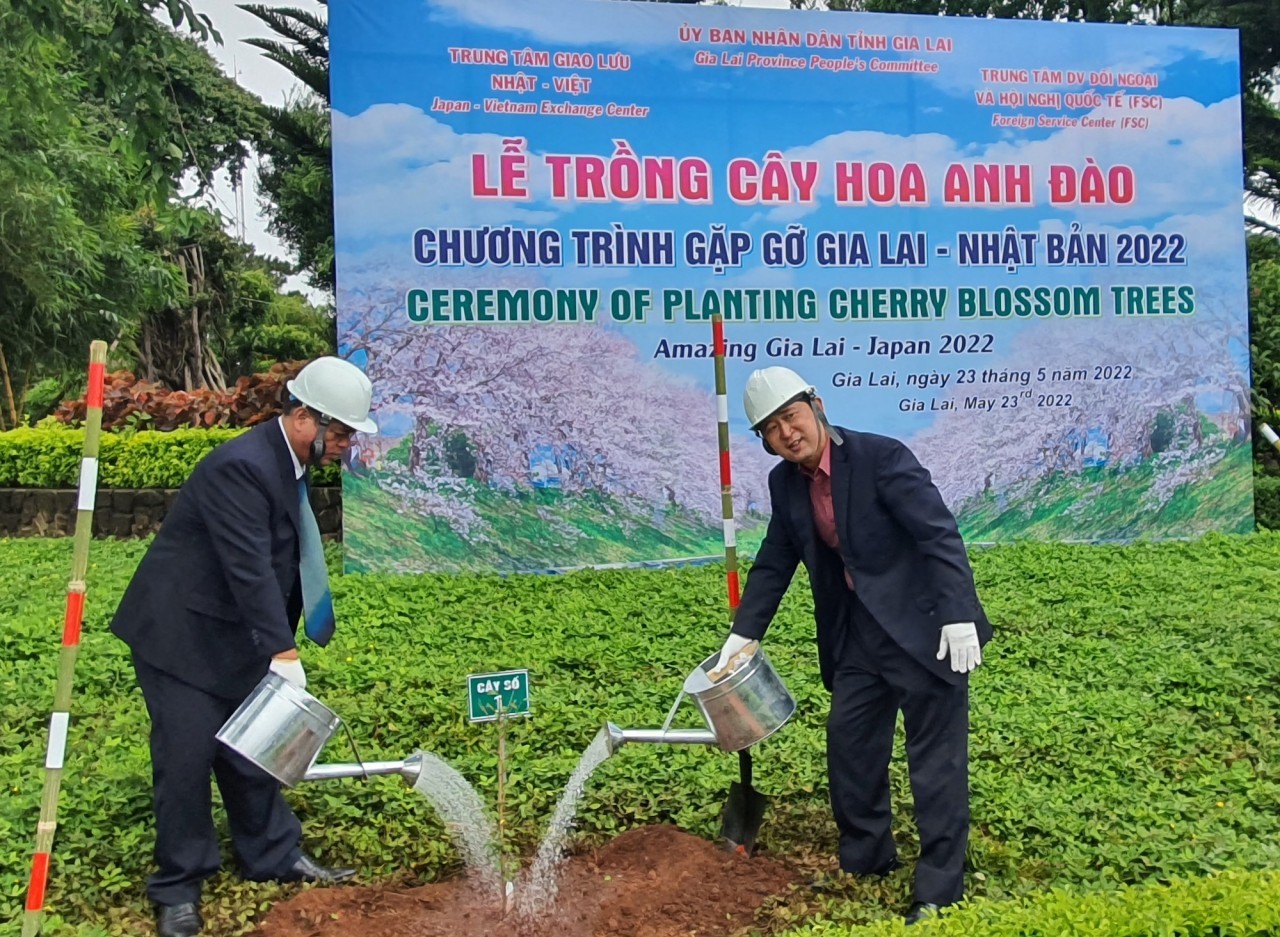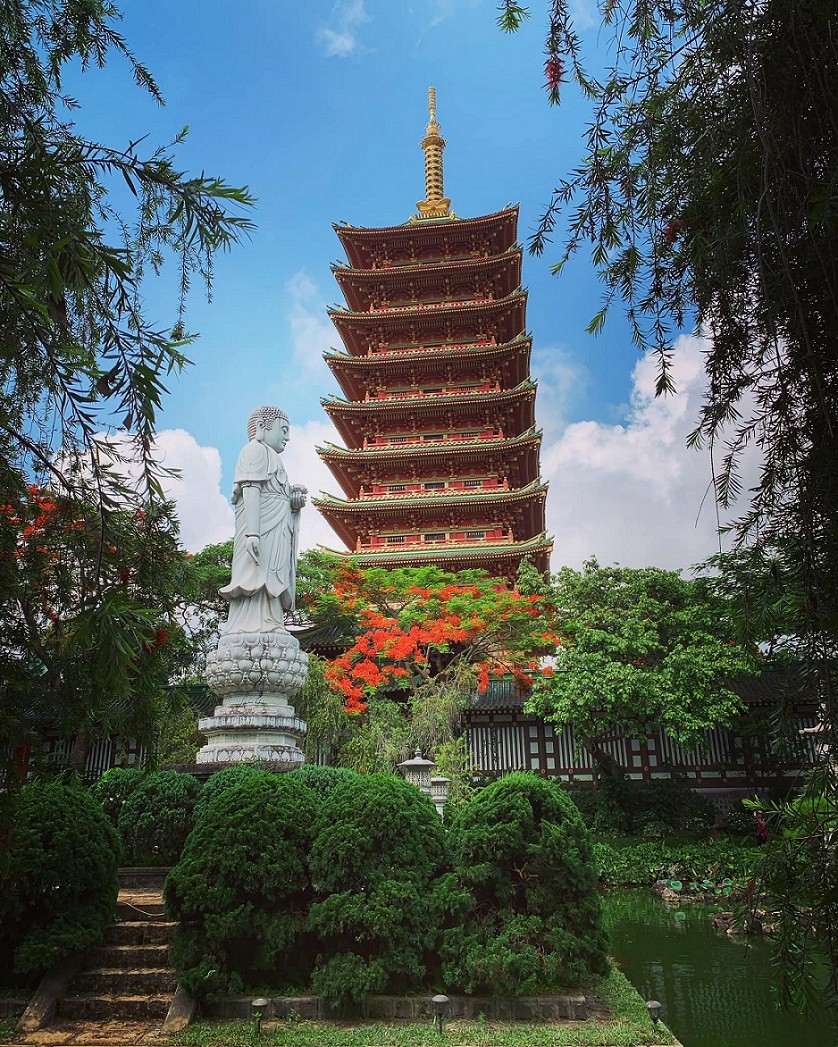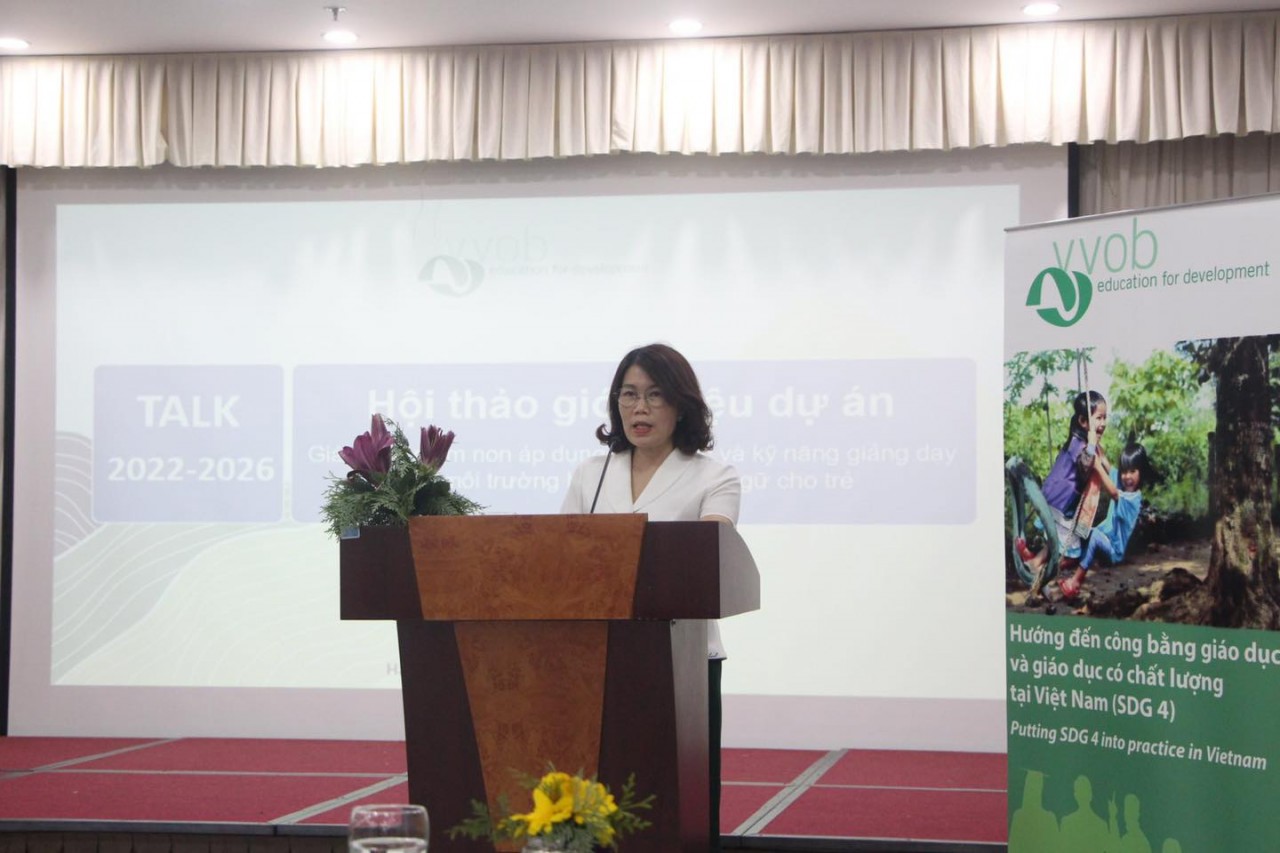Gia Lai becomes newest bear-farm-free province in Vietnam
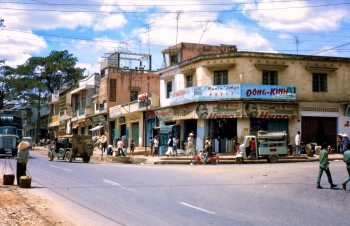 | Rare colorful photos of pristine Gia Lai, Kon Tum in the 1970s |
 | Over 1,300 primary students in Gia Lai received helmets |
| Gia Lai province takes account of reinforcing foreign NGOs aid mobilization |
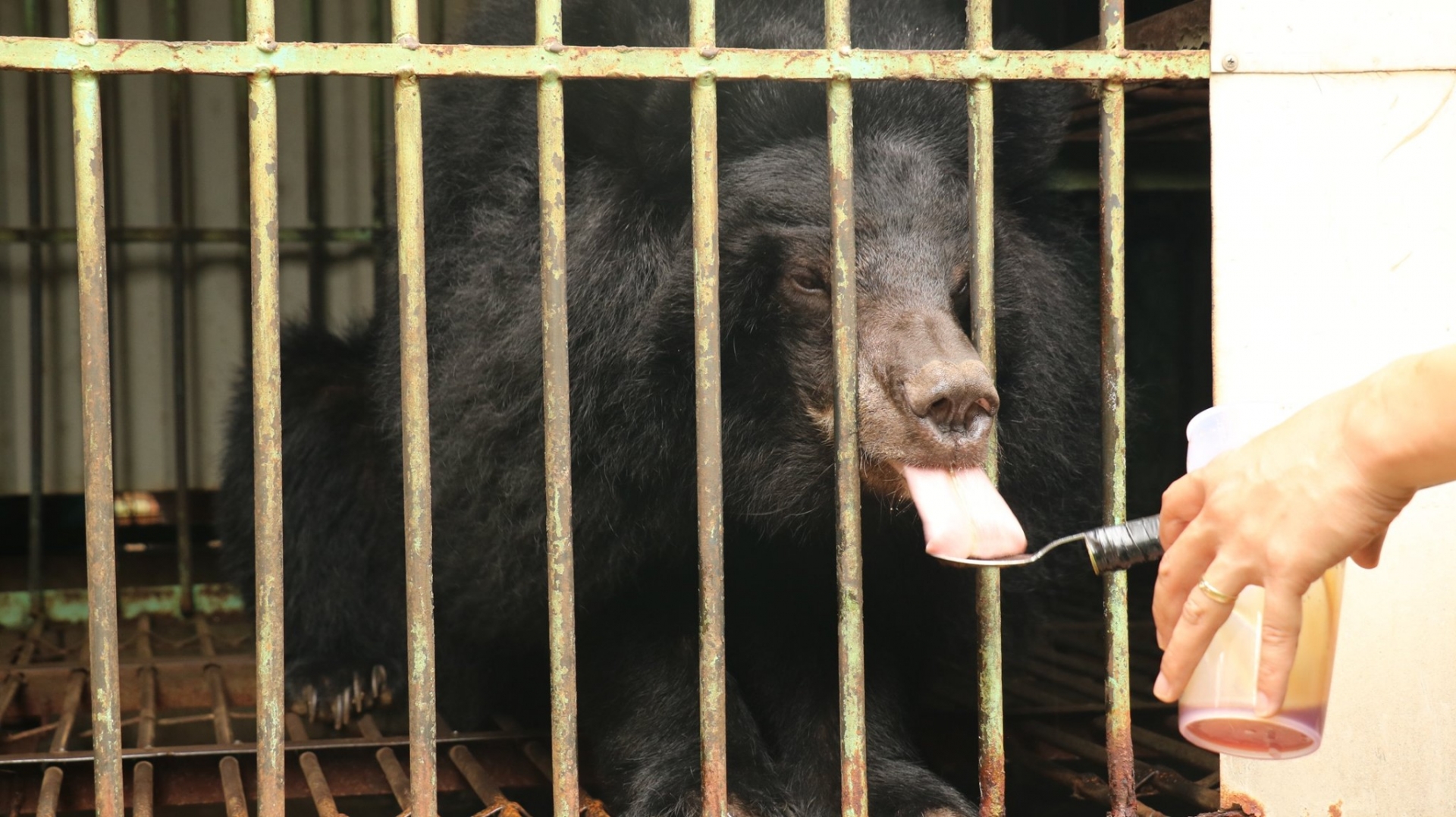 |
| The last bear reportedly in captivity in the Central Highlands province of Gia Lai was freed on June 30. |
According Vnexpress, the 15-year-old female Asian black bear, had been in the possession of a company whose office is on the border between Gia Lai and Cambodia, and was rescued with the help of forest protection officials.
The rescue was the first to be carried out by an all-Vietnamese team, the Animals Asia Foundation who joined the rescue said.
The bear, named Hoa Gao (Cotton Blossom) by the foundation, was to have been rescued in early March but the operation was postponed due to the COVID-19 outbreak.
Forest Protection Department statistics show she was the last bear in captivity in the province, with the rest freed over the years.
Accordingly, eight bears have been rescued in Gia Lai since 2011, one of them a sun bear and the rest, Asian black bears or moon bears. The former was transferred to a wildlife rescue center in Hanoi, while the others were sent to Vinh Phuc.
The Animals Asia Foundation has signed a memorandum of understanding with the Vietnam Administration of Forestry and the Ministry of Agriculture and Rural Development for freeing all bears in the country between 2017 and 2022.
The owner's decision to voluntarily give up this bear will be used by the Education for Nature Vietnam (ENV) to convince more bear owners to release their bears to a rescue center. Additionally, ENV is informing bear owners that ENV surveys show public demand for bear bile has decreased 61% in Vietnam.
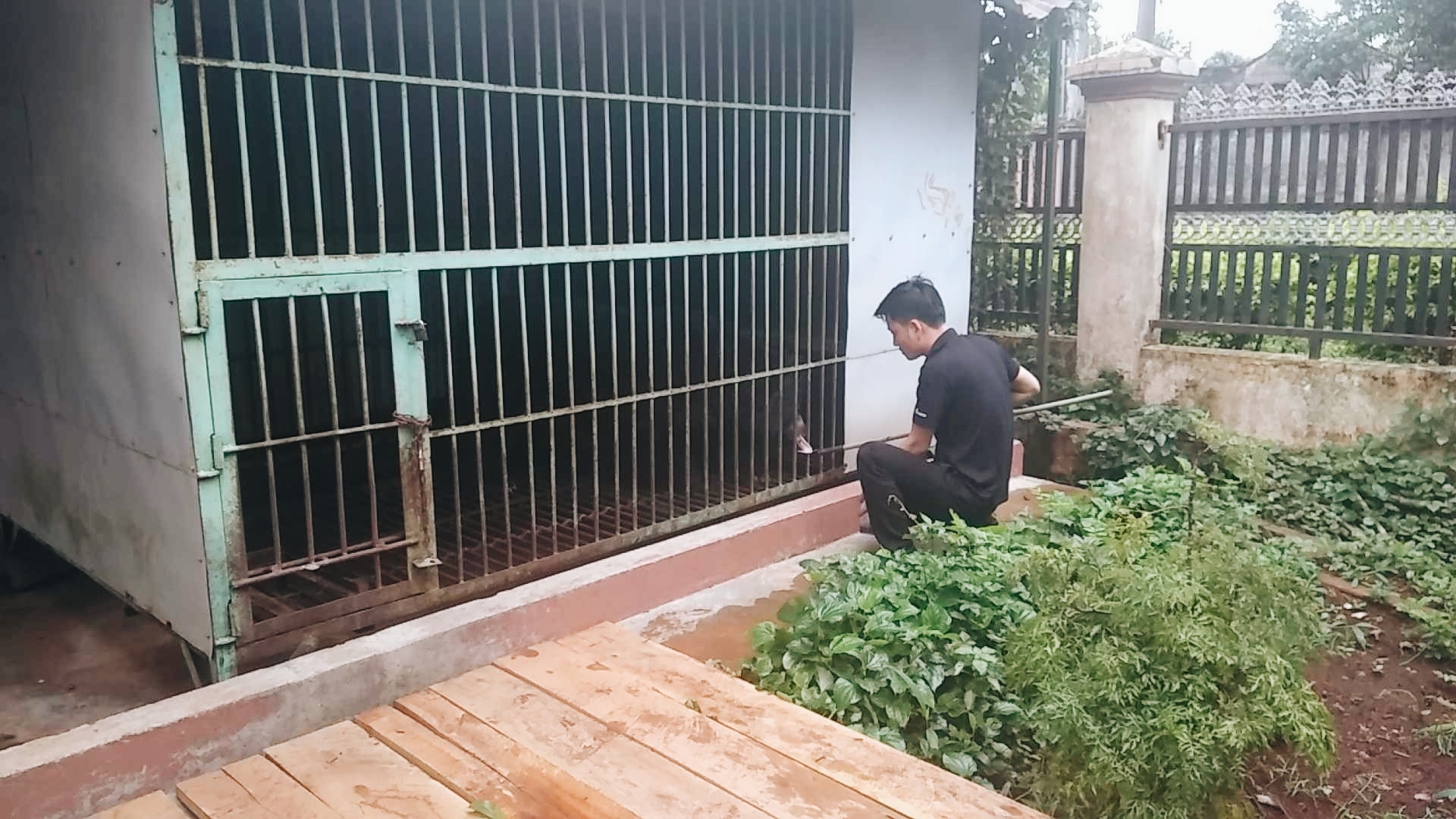 |
| According to forest rangers in Gia Lai, the 120-kilogram animal was captured as a cub to be kept as a pet. |
There are over 400 bears - mostly Asiatic black bears - in captivity in 36 provinces and cities, while only a few hundred are left in the wild. These bears are malnourished, neglected from caring and are at risk of being killed before being taken to safe and species-appropriate places.
NGOs such as Four Paws, together with ENV and Animals Asia Foundation have been fighting for the closure of bile bear farms since 2017.
Vietnam banned bear bile extraction in 2005, but farmers who owned bears prior to the ban have been allowed to keep them.
Bear bile is sourced from illegal and cruel bear bile farms. Bear bile farming, selling, and even possession is strictly prohibited by law, and people engaging in any part of the supply chain can be sentenced up to 12 years in prison or fined up to VND3 billion (USD 129,640). However, the illegal extraction of bear bile continues in many local areas./.
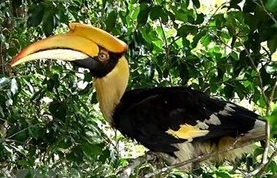 | ENV appeals to eliminate commercial farming of endangered wildlife The Education for Nature Vietnam has appealed for an end to commercial farming of endangered wildlife in an attempt to conserve biodiversity on the occasion ... |
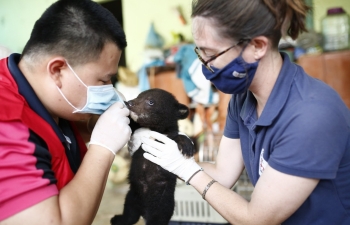 | Bear cub rescued from illegal wildlife trade in Vietnam Four Paws, an international animal welfare organization just rescued an Asiatic black cub from illegal wildlife trade immediately after receiving notice from Son La Provincial Forest Protection ... |
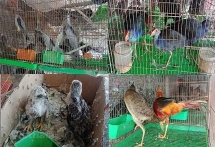 | Vietnam put a ban on wildlife trade and consumption Prime Minister Nguyen Xuan Phuc requested Ministry of Agriculture and Rural Development to draft a Directive on April 1 and put a ban on wildlife ... |
Recommended
 Viet's Home
Viet's Home
Hue City to Raise Awareness on Mine Accident Prevention
 Focus
Focus
Vietnam Leaves Imprints on the World Peacekeeping Map
 Viet's Home
Viet's Home
“Global Vietnamese Singing 2025” - Connecting Hearts Longing for Homeland
 Viet's Home
Viet's Home
Vietnam’s People's Public Security Force Actively Contributes to UN Peacekeeping Operations
Popular article
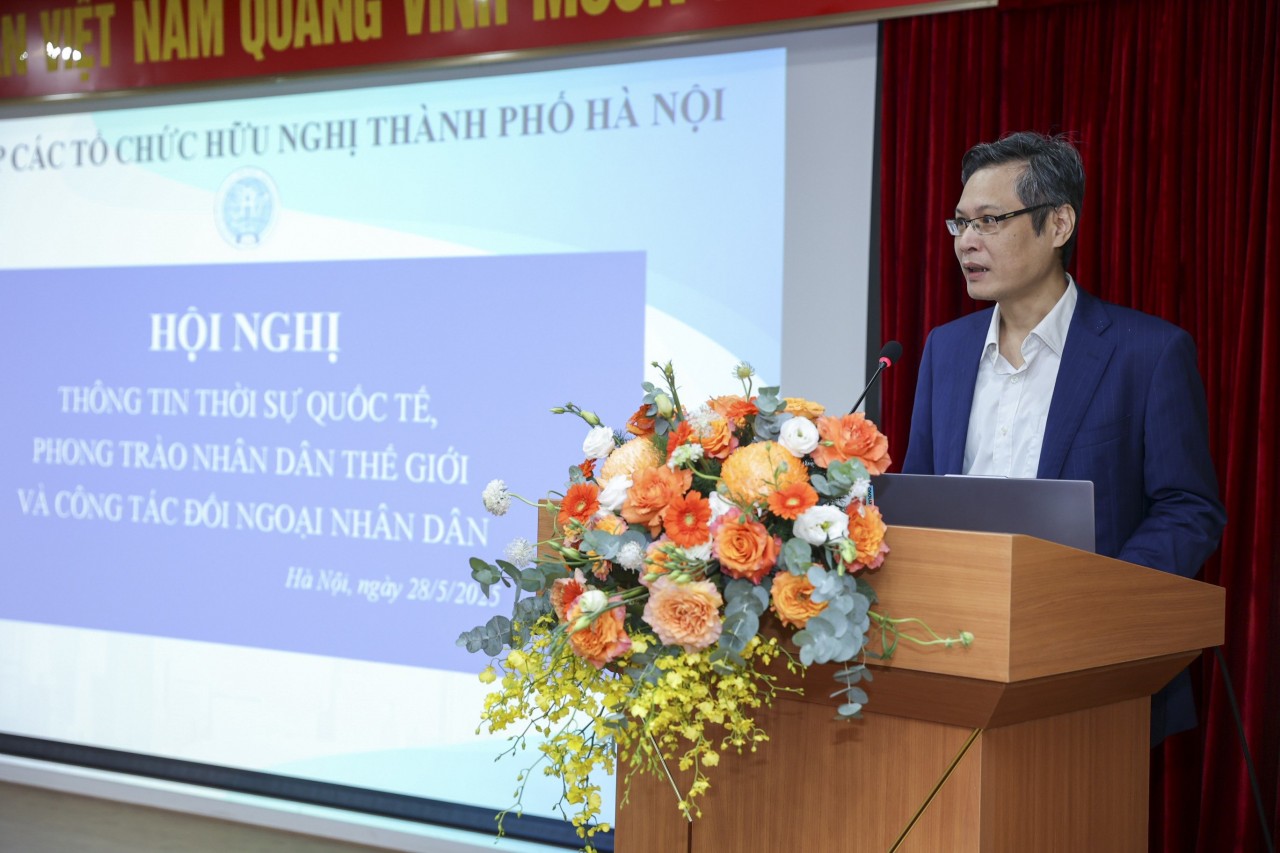 Viet's Home
Viet's Home
HAUFO Enhances Competence of People-to-People Diplomacy Personnel
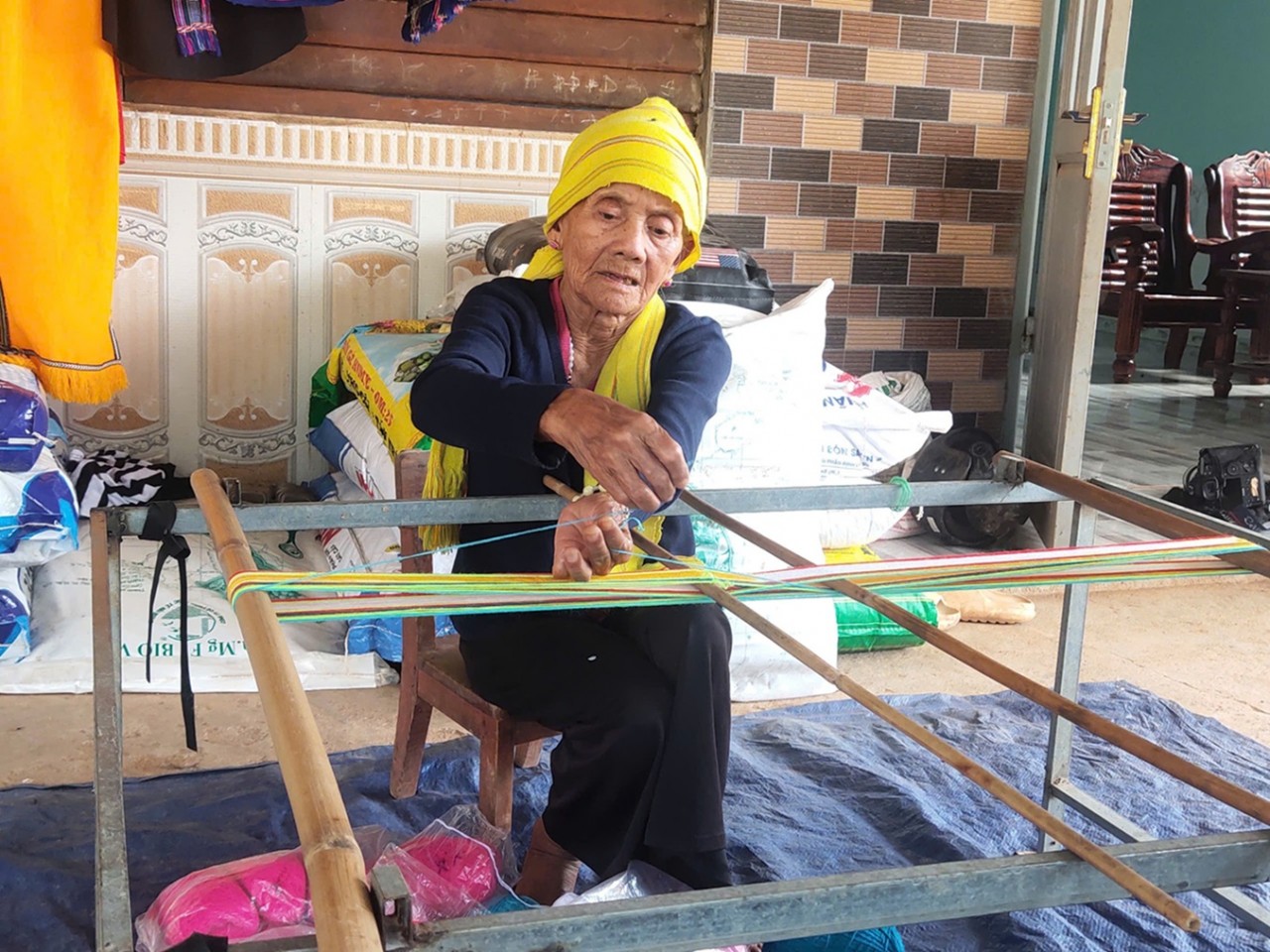 Viet's Home
Viet's Home
Hands that Reserve Da Long Brocade Craft
 Viet's Home
Viet's Home
Da Rsal – How Digital Transformation Reshape a Poor Commune
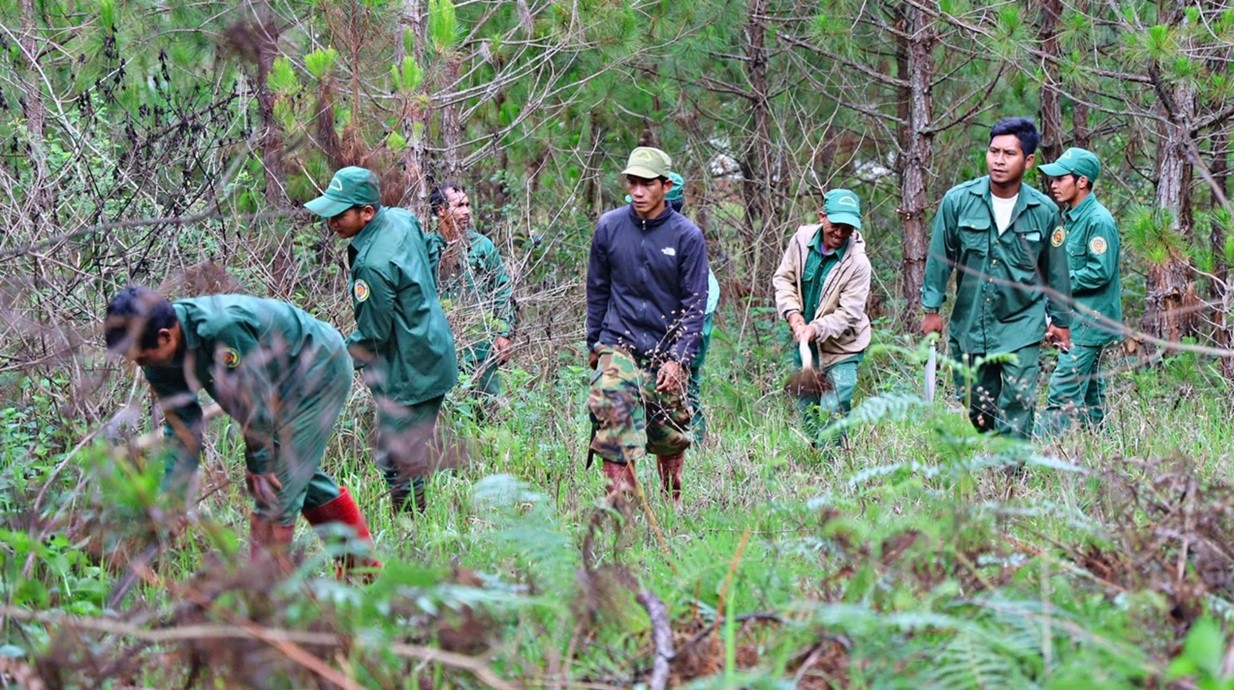 Viet's Home
Viet's Home




